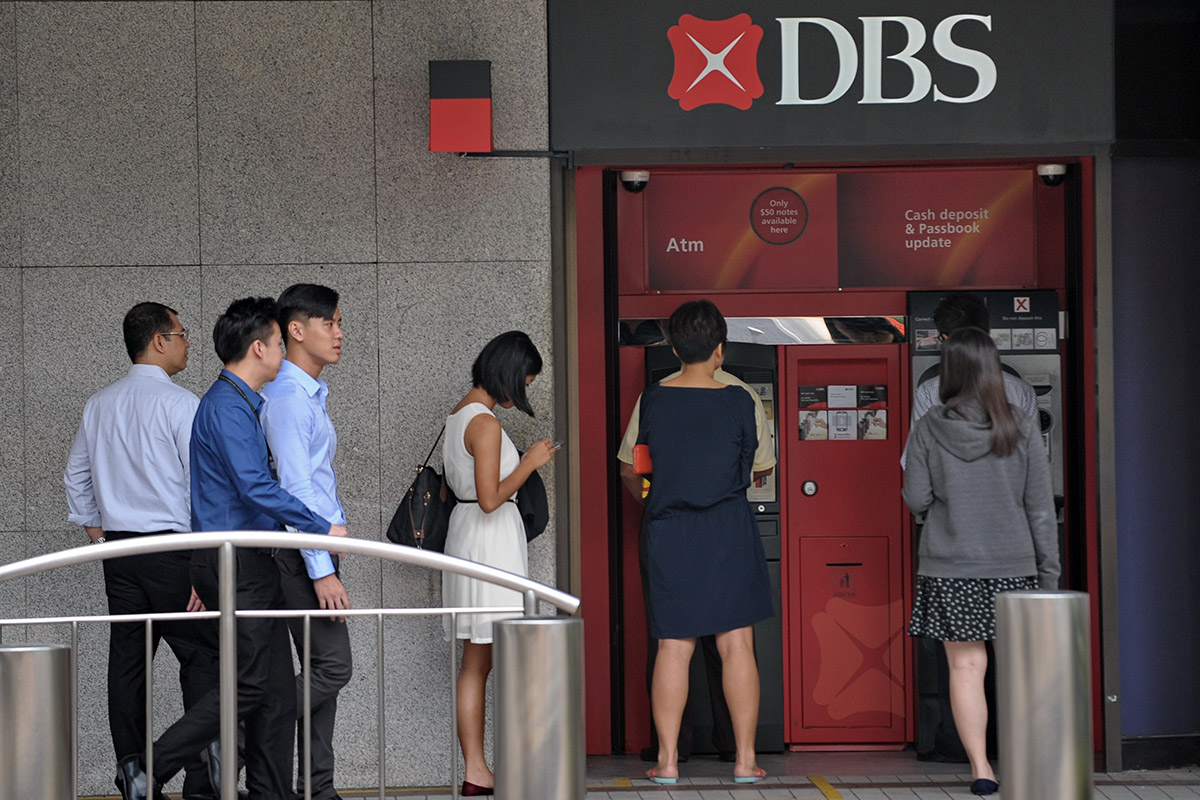DBS Group Holdings reported a surprise drop in third-quarter profit as Southeast Asia’s largest bank boosted bad-loan allowances more than sixfold in an effort to deal with its problem lending to the regional oil and gas services sector.
The bank reported a 23 percent drop in net income to S$822 million (602 million dollars), worse than even the most pessimistic of analyst forecasts, but indicated it now hopes to draw a line under the bad-debt issues by recognising more of its energy services loans as non-performing assets.
The move “will enable investors to return their focus to our operating performance and digital agenda,” Chief Executive Officer Piyush Gupta said in a statement.
Allowances for bad assets of S$1.66 billion compared with S$261 million in the year-earlier period.
Investors may react badly to the first news of the drop in profit, but in the long term may welcome the move to deal resolutely with the bad-loan issue, said Kevin Kwek, an analyst at Sanford C. Bernstein. “Upfront recognition of remaining asset quality strains will be preferred over stretching it out,” he said in an emailed reply to questions.
Net income of S$822 million (602 million dollars) was well below the S$1.14 billion average of analyst estimates surveyed by Bloomberg. The lowest of those forecasts was S$1.05 billion.
Missed Forecasts
DBS was the last of Singapore’s big banks to report earnings and the only one to miss projections. But Oversea-Chinese Banking Corp and United Overseas Bank said during their quarterly reports that the energy-services industry remains under stress.
Several local companies in the sector have either defaulted on loan repayments or sought debt restructuring after a prolonged weakness in oil prices. The problems have been exacerbated by falling collateral values for oil vessels.
Shares of DBS have rallied 32 percent this year, beating the Bloomberg Asia Pacific Banks Index’s 19 percent gain.
DBS continued to boost income from wealth management, partly a result of its purchase of retail and wealth assets of Australia & New Zealand Banking Group in five Asian markets, announced last year. Net fee income rose 12 percent from a year earlier, led by growth in wealth management and investment banking fees, it said. – Bloomberg
Recommended stories:
